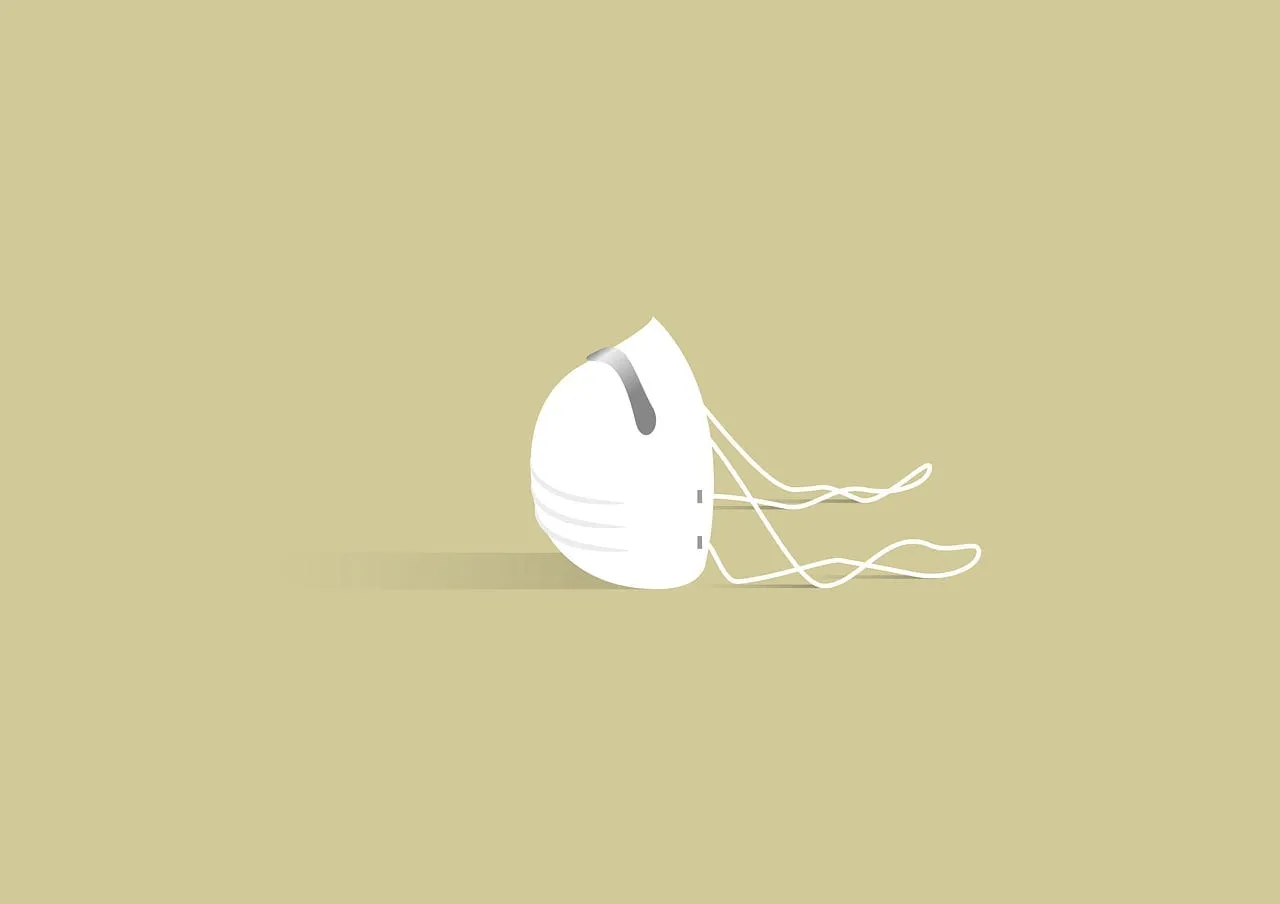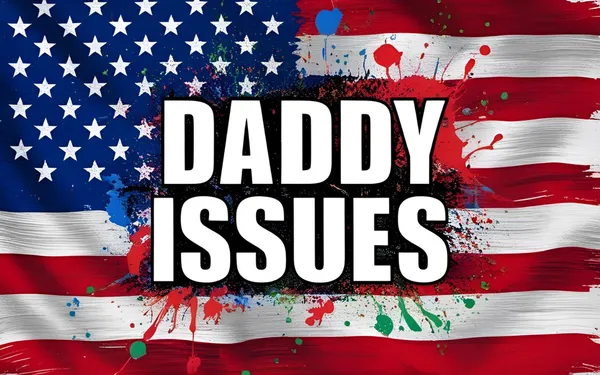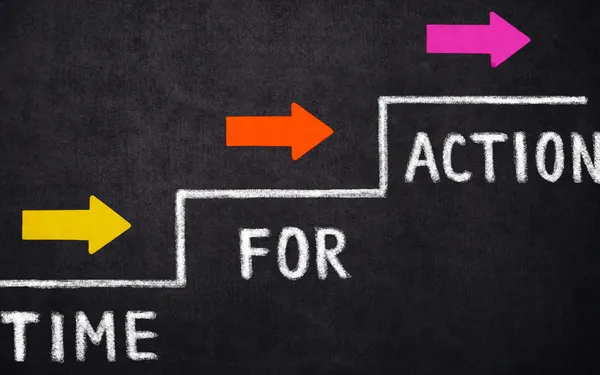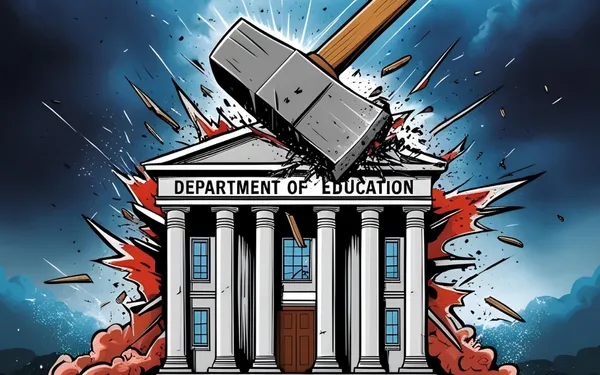We are revisiting masks because apparently, we haven’t learned from history. The pores on a typical surgical mask and certainly all cloth and homemade masks are enormous compared to the size of an influenza or SARS-Cov2 (Covid) virus. It would be the approximate equivalent of trying to stop a mosquito using a chain-link fence.
So why are people still wearing masks despite the overwhelming scientific data that masks play little if any role in stopping you from catching or transmitting a respiratory viral illness?
There are two basic reasons someone rationalizes wearing a mask. The first is trying to prevent getting ill from exposure to other people--like wearing a mask on an airplane or another public setting. The problem is this is likely counterproductive. The pores on the masks do not prevent the virus from entering our respiratory system. If they did then you would expect that the schools that required masking during the pandemics vs those that did not would have had lower rates of infection--but they didn’t. In fact, wearing such a mask may be more harmful than not wearing a mask. Wearing a mask is hot and uncomfortable. We tend to touch, adjust, and fidget with it frequently causing contamination, rendering any even minuscule benefit moot. In addition, wearing a mask reduces oxygenation and causes us to rebreathe whatever collects in the inside of our mask from our nose and mouth.
The other common reason people rationalize wearing a mask is to prevent transmission of an illness. It is important to note that if you are not sick and therefore have no symptoms, you cannot transit an illness you don’t have. Asymptomatic spread of influenza and Covid is not a thing--even the CDC acknowledges this fact.
And, if you are symptomatic from an illness, you should stay home, rest, and recover and not be a selfish asshole on an airplane or another public place.
The only way to be sure to prevent yourself from spreading your active cold to others is to stay at home. A mask may catch part of your sneeze or cough but not enough to justify you being in public and spreading your infection. Masks do not adequately prevent the symptomatic spread of a respiratory viral illness. If they did then why did all the mask wearing during the height of the pandemic have zero impact except as a talisman of compliance?
You see this has nothing to do with science. This has everything do with the psychology of fear, compliance, and government tyranny.
The first reason people have continued to wear masks well into 2023 is pure fear. Fear is what drove widespread mask use in 2020, paralyzing reason and common sense. Today that fear has developed into a form of addiction—a nearly uncontrollable urge to hide one’s face behind a cloth diaper to temporarily calm a constant state of anxiety. As with all addictions, it is defined by a loss of control and use despite harm. These maskaholics require an intervention like a 12-step program for alcohol addiction, if they are ever going to attain mask abstinence.
The second reason for mask wearing is compliance. This has become less common as mask mandates have been nearly universally lifted. Clearly, this is a non-issue in all places where mask wearing is voluntary, which is essentially everywhere today, outside of some hospitals and clinics in large American cities.
The final reason that we still see masks on the faces of urban-dwelling Americans, primarily in coastal cities, is virtue-signaling. As there is no rationally defensible reason for using them outside of a surgical suite or the scene of a robbery, for many non-conservatives, the mask announces, “I am a proud Democrat voter and everything that stands for.” Without saying another word, the mask wearer has made clear his support for Joe Biden, arming Ukraine, open borders, gender neutral bathrooms, unlimited pronouns, critical race theory, and the impeachment of Donald Trump.
The mask is political, and the message is moral superiority and the condemnation of anyone who differs.
From the very beginning, the mask has not been about health or safety. It has not been about science. It has been, and continues to be, only about control.
Jeffrey I. Barke, M.D.
Board Certified Primary Care Physician
Mark McDonald, M.D.
Board Certified Child and Adult Psychiatrist
Co-hosts of the hit podcast
Informed Dissent—The Intersection of Healthcare and Politics








Member discussion